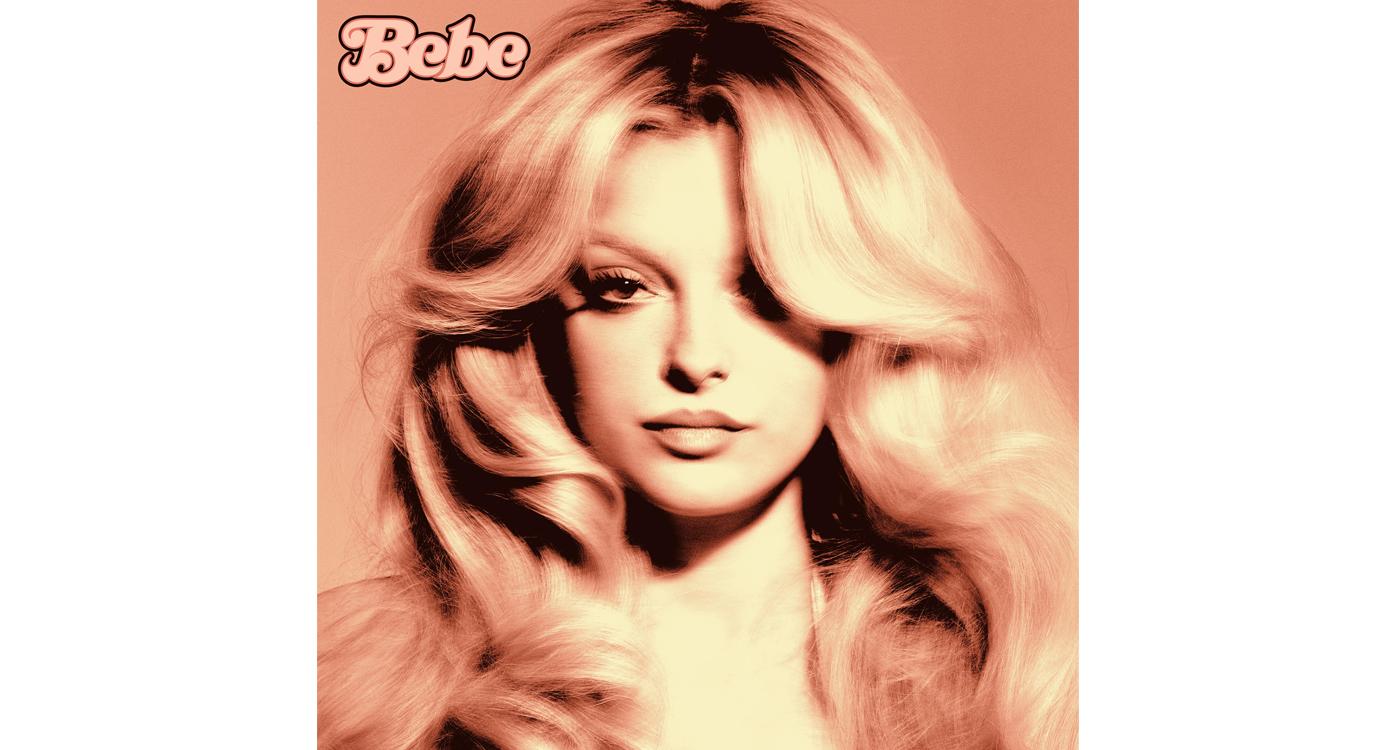Album review: Bebe Rexha’s third studio album exudes mediocrity, lacking original groovy rhythms
(Courtesy of Warner Records)
“Bebe”
Bebe Rexha
Warner Records
April 28





By Natalie Agnew
April 28, 2023 2:45 p.m.
Bebe Rexha’s third studio album is as unoriginal as its title.
On the self-titled “Bebe,” Albanian American singer-songwriter Bebe Rexha returns with 12 tracks of ’70s disco dance pop. Featuring Snoop Dogg, David Guetta and Dolly Parton, the project’s upbeat melodies detail Rexha’s vision of self-love and happiness – though it sacrifices storytelling for catchy choruses. The aggressively average “Bebe” is submerged in the sea of other recent disco-esque works such as “Endless Summer Vacation” and “Harry’s House.” Its consistently homogenous tracklist does little to separate it from the pack.
With a riff transparently reminiscent of Fleetwood Mac’s “Rhiannon,” the album’s opening track and lead single “Heart Wants What It Wants” is carried by a rhythmic bassline for one of the album’s stronger cuts. Rexha’s vocals in “My heart only wants what it wants / What it wants, what it wants ‘til it doesn’t” form an earworm of a chorus in which Rexha informs an ex that she has happily moved on.
[Related: Album review: Miley Cyrus’ ‘Endless Summer Vacation’ swims with bold pop despite tonal mismatch]
On the first of multiple tracks with religious lyrical allusions that are borderline cringe-inducing, Rexha’s raspier, whispered vocals plead for a “Miracle Man” that will make her believe in love again. Groovy yet monotonous synths are not enough to distract from unappealing lyrics like “Drink your holy water, savor slow / I can feel you drippin’ down my soul.” At the back half of the album, “Born Again,” though having similar religious connotations, is less trite. With soaring vocals over a stripped-down instrumental, Rexha passionately recounts a relationship where “two lost souls searchin’ for a light” are “born again” together, with choir backing vocals in the chorus underscoring lyrical elements.
“Is the smoke fuckin’ with your ear?” inquires Snoop Dogg leading into “Satellite,” the first of three star-studded tracks. Fittingly released on 4/20, the dull ABBA-rip off, cannabis anthem flys “higher than a satellite” with its snappy string section and vocal refrain.
Following the fleetingly forgettable “When It Rains,” the next single, “Call On Me,” attempts to modernize the ’70s feel with post-chorus 2000s-style beat drops. The clash of the two sounds is ultimately more off-putting than harmonious, but the next track is markedly worse with its insufferable lyrics.
Smack dab in the middle of the album is “I’m Good (Blue),” which is, wait for it, not “good.” Released in 2022 with Guetta, the viral TikTok single is not much more than a sample of Eiffel 65’s “Blue (Da Ba Dee).” Exhibiting comically cliche gems like, “I’ma have the best fuckin’ night of my life,” and a bass drop to match, the track is a low point that enhances the rest of the album’s less conspicuous but still present lack of originality.
“Visions (Don’t Go)” sets sights back on track with a retro electro-pop chorus and cleanly transitions to the symphonic string introduction of “I’m Not High, I’m In Love.” Singing of a lover who brought “colors dancing all around the room,” Rexha’s melodic vocal progression coupled with instrumentation is reminiscent of the ‘70s classic “I Will Survive.” Continuing the pattern of influences, Rexha evokes Blondie’s rock vocal style as she emphatically belts “Tell me” on “Blue Moon.”
[Related: Music preview: Singers blossom and deliver fresh sounds in spring albums]
Promising to be the highlight of the album, the Parton collaboration “Seasons,” while said to be inspired by Fleetwood Mac’s “Landslide,” falls short. Over a soft acoustic guitar, Rexha, with a more country twang, admits that she runs from herself and remains “the same old me.” Although the emotional track highlights Rexha’s vocal strength, the similarity in the two singers’ tones paired with Rexha taking dominance in terms of volume makes their harmony slightly underwhelming.
While “Bebe” is Rexha’s most cohesive project to date, this results in some of the tracks being indistinguishable. Delivering ascending vocals and captivating basslines, there is plenty to dance to. But with such grandiose retro aspirations and the oversaturation of similar pop styles, Rexha succumbs to inadequate comparison.
Despite sunny ‘70s synths, Bebe Rexha cannot escape the shadow of her influences.
